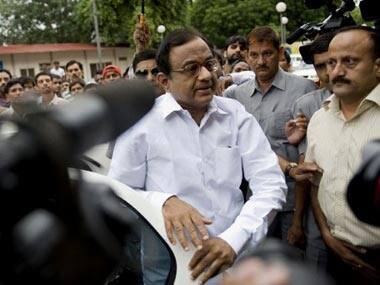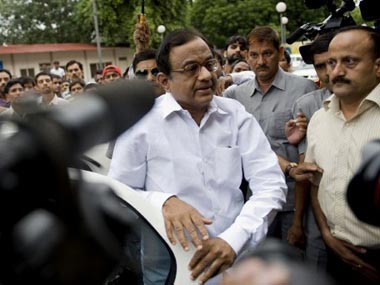After the Reserve Bank of India (RBI) announced that it would launch Inflation Indexed Bonds (IIBs) on 4 June, suddenly IIBs became the talk of the town. These bonds were proposed by Finance Minister P Chidambaram in his Union Budget speech as a protection for savings from inflation.
Earlier this month, the RBI announced that instead of linking the bonds to consumer price inflation index (CPI), it is actually linked to wholesale price index (WPI) for the time being. The apex bank later announced that they might move to indexing to CPI in the future, but only after the CPI stabilises.
If retail investors want to invest in these bonds, it would be better for them to wait until CPI-linked ones are launched. As per the latest data, while CPI inflation was 9.8 percent, the WPI was a much lower 4.89 percent. For retail investors, it is the CPI print that matters more. “These bonds are linked to WPI, and CIP is almost two time that of CPI. There is no real sense investing in these bonds now, when there are debt mutual funds available,” said Suresh Sadagopan, a Mumbai-based certified financial planner.
[caption id=“attachment_802431” align=“alignright” width=“380”]  AFP[/caption]
The good thing about these bonds is that the principal will be adjusted to the prevailing inflation rate. For instance, if the face value is Rs 100 and inflation is 10 percent, the coupon rate will be on a principal amount of Rs 110. This will give you returns above the rate of inflation. But keep in mind this inflation figure is WPI and not CPI, which means, it is giving you a hedge against a general inflation in the system, not the one that really affect your pocket.
Also, it looks like the apex bank and the government are more interested in making this instrument work for institutions as compared to retail investors. The process to apply for these bonds is way too complicated for retail investors. First you will have to open a certain kind of account with a bank or a primary dealer and then place bids electronically. You would be able to invest only if your bid is the highest.
This is too complicated a process for retail investors. Alternately, you could buy the bonds later via the secondary market using your broker and demat accounts. Let us hope in the future when RBI comes out with CPI-linked bonds, the process of buying such bonds is made easier as well.
The real benefit here is that you can claim capital indexation benefits. If you expected these bonds to give you a tax exemption, you probably are too naive an investor to know that inflation indexed bonds would ever give a tax benefit. If you are looking to invest in bonds to get tax benefits, these bonds aren’t for you. Invest in tax-free bonds instead.
“Debt mutual funds too give you indexation benefits after a year. From what information is available in the public domain as of now, I would recommend retail investors to wait and watch and not invest in these bonds in June,” said Sadagopan.
Let’s see what added features the RBI comes out with when it launches the bonds on 4 June.


)
)
)
)
)
)
)
)
)



